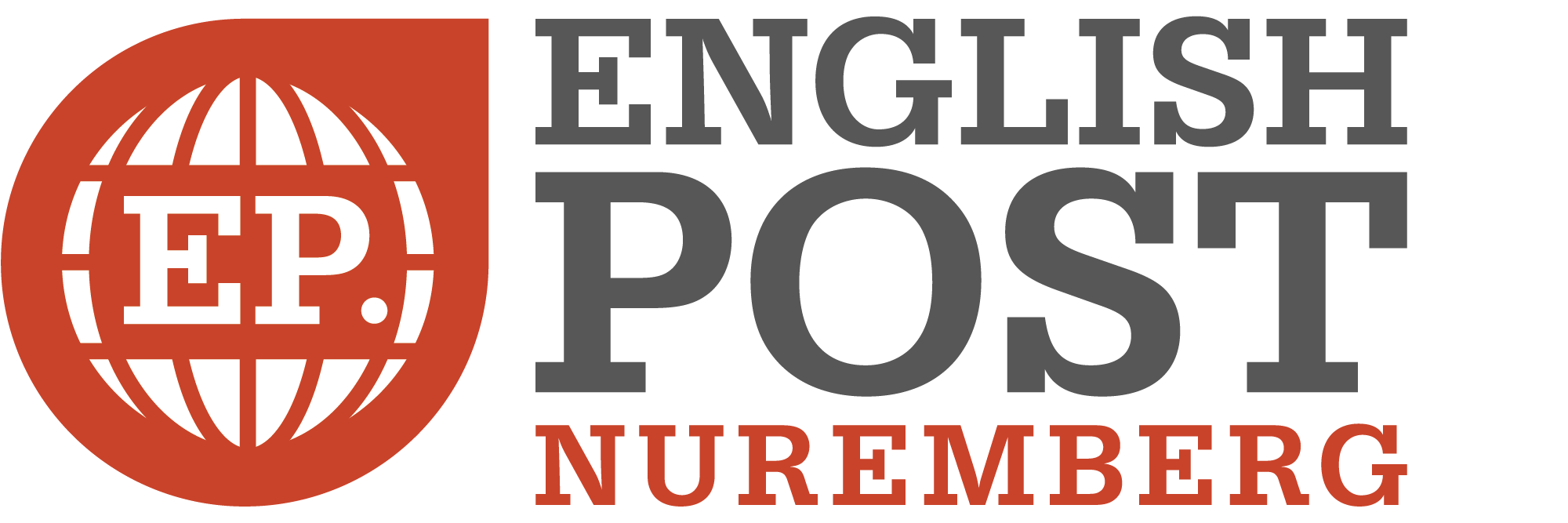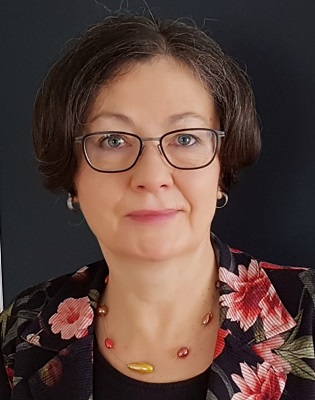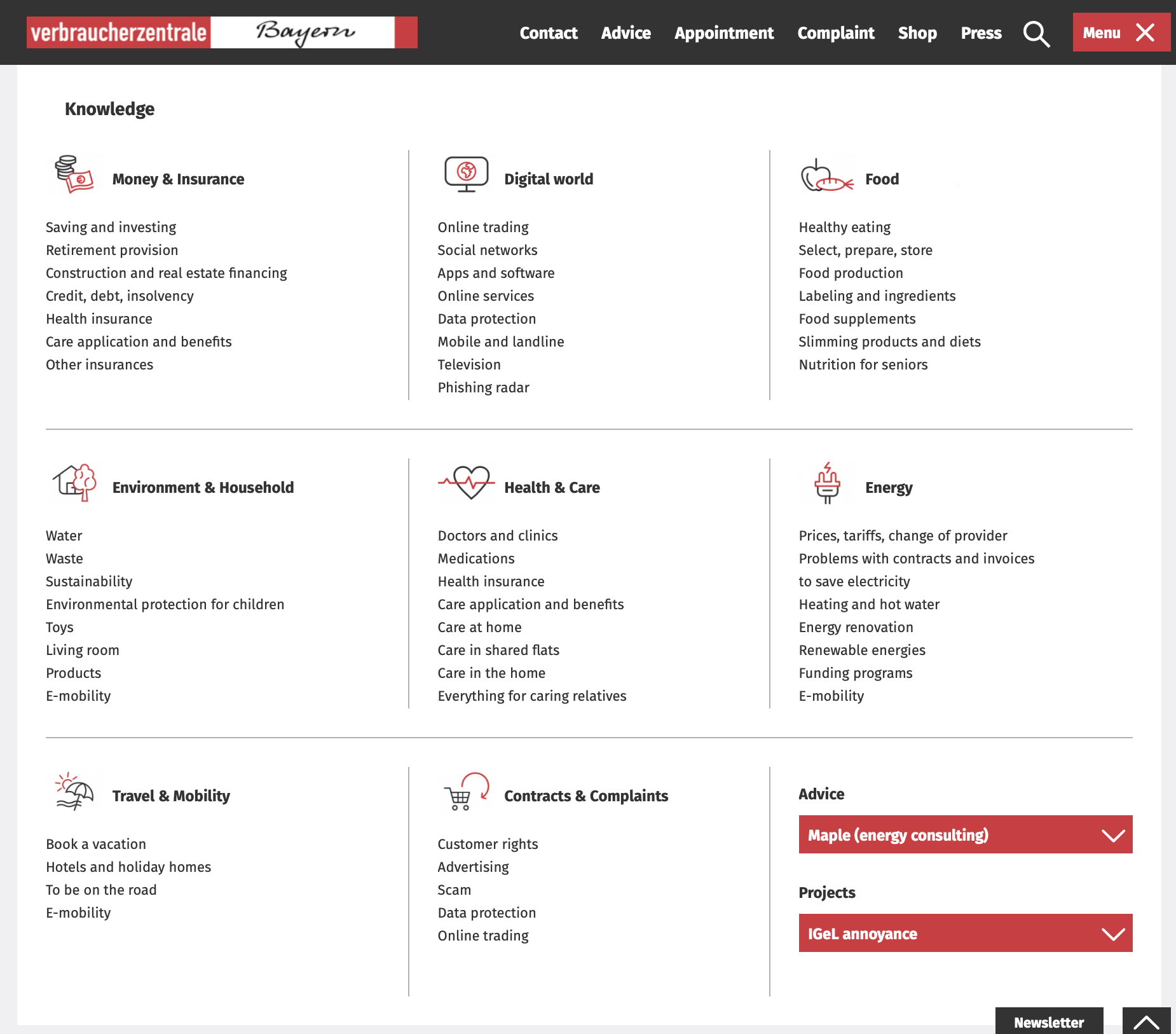- Have you experienced difficulties asserting your consumer rights whilst in Germany?
- Do you need legal advice regarding your rights as a consumer?
- Do you need advice on issues ranging from insurance or food supplements to online trading and overbooked flights?
Navigating legal issues and understanding the jargon in your home country is usually enough for anyone to start tearing their hair out. Doing the same in a foreign country, when your grasp of the language is limited, can often lead to resignation and accepting practices that are quite simply unfair.
But there is help at hand. Consumer Advice Centres help consumers when confronting commercial interests, aiming to redress the imbalance between the individual customer and traders or companies. In Germany, they are known as the “Verbraucherzentrale” (VZ) and are non-profit organisations primarily funded by regional state governments. The VZ also generates a limited amount of their own income through fees charged for their services, although these charges are much lower than those lawyers and solicitors charge for fees on the open market.
This week, to mark World Consumer Day on the 15th March, the Verbraucherzentrale published a webpage with information on how to avoid cost traps (translate via your browser).
The order from the online shop does not arrive, a click in the app triggers a subscription and the alleged welcome gift of the telephone provider turns out to be a paid additional service.
English Post Nuremberg contacted the local branch of the Verbraucherzentrale in Nuremberg and arranged an interview with their head of operations, Gisela Linke, who was happy to provide us with information.
Gisela Linke informed me there are 16 branch offices of the VZ in Bavaria, each staffed by advisers in several fields of expertise. They can be found in Nuremberg, Bamberg, Wurzburg, Schweinfurt, Amberg, Weiden and Hof, as well as Munich and other cities in the south of the state. There are many more of the associated “Energy Advice Centres”, as seen from the interactive map here.
Here is a list of categories that the VZ covers on its website:
- Contracts and Complaints
- Travel and Mobility
- Money and Insurance
- Health & Care
- Digital World
- Food
- Environment and Household
- Energy
Although the VZ website has no dedicated English language pages, using a browser tool to translate into English works well, providing easy to understand articles covering the whole range of subjects. It’s really worth taking a quick look at what is available, so you know in which areas help is at hand if you need it in the future.
There is a lot of advice available directly from the website, such as what to look out for when searching for a handyman or construction worker. Can you be charged for an estimate? What to do in case of the work is not up to standard, deadlines are not met, or costs have been exceeded?
Through the website, there are also many letter templates formulated in German and free to use. These range from a simple letter requesting closure of a bank account (Kündigung meines Girokontos), to more complex issues such as making a claim for airfare reimbursement due to a cancellation (Anspruch auf Flugpreiserstattung wegen Annullierung) or reclaiming taxes and fees as well as airfare after a cancelled flight. (Rückforderung der Steuern und Gebühren sowie des Flugpreises nach storniertem Flug).
If you find yourself in a position where you need legal advice, the Verbraucherzentrale can help you. You can make an appointment for a 30-minute session which costs just €25. Legal advice is limited to consumer law, i.e. it must concern a transaction between a consumer and a trader, craftsman or company. Compare this with an initial consultation with a solicitor/lawyer, which can cost around €200. At the time of writing, counselling is limited to telephone, video chats or online chats due to the Covid-19 pandemic. In-person counselling will resume when the situation normalises.
In the consultation, you will be informed what your rights are in the matter raised and what obligations there may be. It must be noted that counselling is only given in German as it is about German law where specific technical terms will be used. If you cannot understand German well, it is important to take someone with you to explain what is being advised. The councillors can also show you where to find appropriate letter templates to send to the opposing party.
Gisela Linke explained, “a very important aspect for us is that we attach great importance to having staff who are well-qualified in legal areas, all of whom are expert advisors in consumer issues, who usually also have a legal background and many have a law degree. We also attach great importance to regular training and further qualifications.”
In accordance with data protection law, all the data recorded by the VZ is used only to arrange appointments. This will be deleted in accordance with data protection laws, and nothing will be disclosed outside the meeting.
The VZ only deals with out-of-court matters, supporting consumers by clarifying their rights and helping to formulate letters to the companies or businesses concerned. They do provide legal representation in cases concerning telecommunication companies where they can intervene on behalf of the consumer. But if it comes to legal proceedings in a court of law, the consumer will need to find and fund the services of a lawyer.
It must also be noted that the Verbraucherzentrale does not cover all legal issues and is not a Citizens Advice office. Consultations are given only in areas that involve commercial interests. Therefore, a dispute between two private persons regarding a transaction such as a private sale is not an issue where the VZ can give advice. They also do not deal with issues involving government agencies such as visa applications, passport matters or the registration of road vehicles, drainage disputes with local authorities or questions regarding building applications. Neither do they deal with public law, which regulates the relationship between public authorities and private citizens.
Issues concerning tenancy law are also not covered. In such cases, help may be found at one of several associations dealing with this subject. More information on this subject is available from the city of Nuremberg’s website.
The amount of financial support the VZ receives from state governments varies from state to state. As Gisela Linke said, the VZ could be better financed, which would enable them to employ more staff, “and we would naturally be much stronger overall, could offer much more advice and the consumers would then naturally have a greater benefit.”
The VZ website also has a button in its navigation bar called “Beschwerde”, English translation “complaints”. Here consumers can record their experiences if they feel something is inappropriate or illegal. In this way, the VZ can be made aware of false or fraudulent practices and, if necessary, take appropriate action.
Have you experienced unfair practices? If you are willing to share your experiences so others may learn from them, please contact English Post at editor@englishpost.de







